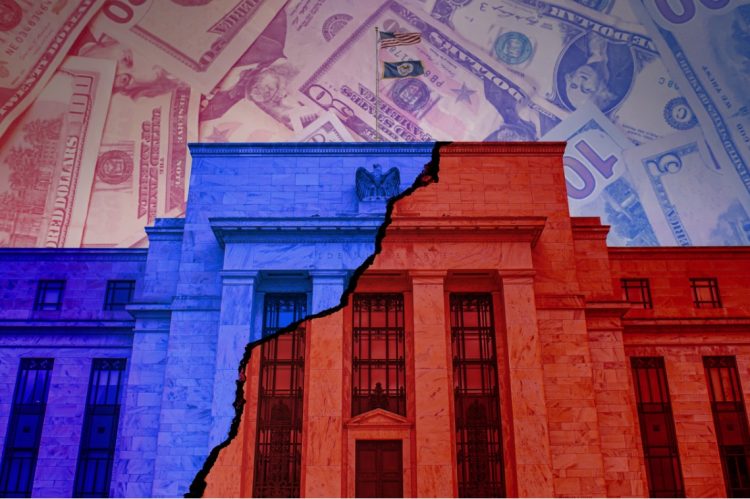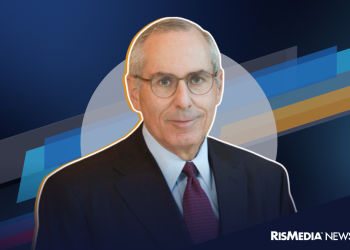In a speech sponsored by the think tank Brookings Institution, Federal Reserve Governor Chris Waller said he feels more confident and optimistic about the path of the economy than he has in the last three years, and painted a mostly rosy picture of the economy and the path for rate cuts in 2024.
Waller is one of the Fed members with a permanent voting seat in the Federal Open Market Committee (FOMC), which sets the federal funds rate. As mortgage rates have fallen sharply over the past few months, investors and other observers are largely expecting multiple rate cuts this year, though the timing and number of those cuts remain uncertain.
Waller was one of the leading voices on the FOMC pushing for bigger and faster hikes over the last couple years, and his change in tone would appear to be one of the biggest indicators that the Fed will take a more balanced approach to policy this year.
“My outlook has made me more confident than I have been since 2021 that inflation is on a path to 2%,” he said, referencing the Fed’s long-term goal for annual inflation.
With leading real estate brokers still keying in on the path of rates in 2024, policy moves by the central bank will continue to be closely watched throughout the year. The next FOMC meeting is scheduled for Jan. 30 and 31, and the Fed is largely expected to hold rates steady.
The following FOMC meeting in March is where some observers are expecting the first rate cut, which could quickly bring mortgage rates down ahead of the spring housing market.
Waller was careful to say that rates “should be lowered methodically and carefully,” and said he would be closely watching revised CPI inflation data from December due early in February, as well as the first CPI report from 2024 coming in a week later.
In response to a question from David Wessel, senior fellow at Brookings, who asked if Waller was more worried about cutting rates too soon or too late, Waller said he didn’t see the timing as particularly important.
“What does ‘too long’ mean—is that one (FOMC) meeting, is that six meetings—I don’t know what waiting too long means. In the grand scheme of things, whether that’s six weeks later—it’s hard to believe that’s going to have a huge impact on the state of the economy,” Waller explained.
In response to other questions, Waller also argued that AI wasn’t having any real short-term relevance to the current positive macroeconomic picture, and also that there was no need to wait for the lagging “shelter index” in the CPI—which mostly measures rent costs—to drop before moving forward with plans for easing or rate cuts.












